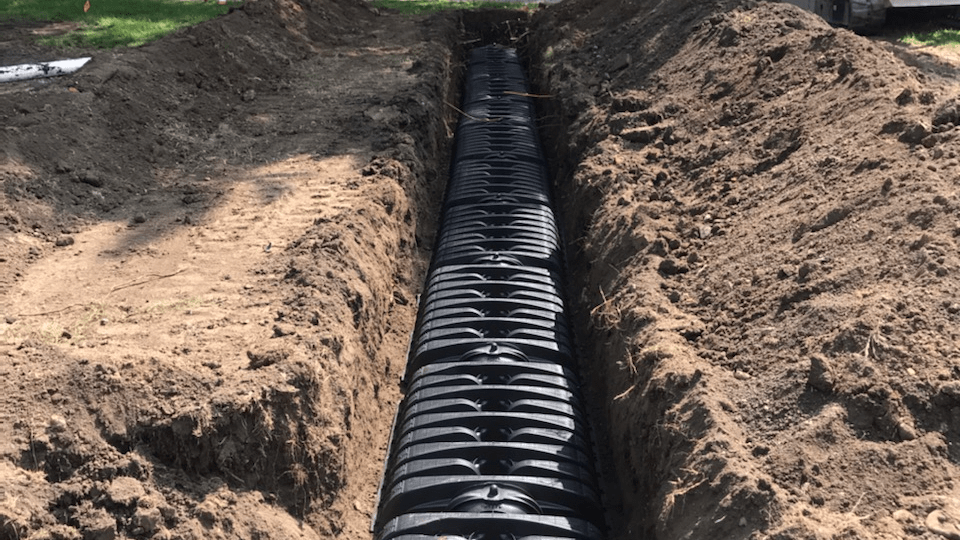
FAQs about NPDES Permits and Surface Discharging Systems
Surface Discharging Private Sewage Disposal Systems and Water Pollution Control
A popular type of private sewage disposal system in Illinois used by many homeowners is designed to treat sewage and then discharge treated wastewater to the surface of ground rather than below the surface where the water is absorbed. This type of surface discharging system allows the treated sewage to go into drainage ways, gutters or even directly into a creek or lake. It is a type of system that may be the only choice in areas of the state where there is no city sewer available and soils don't absorb water well. However, in the near future this type of system will be required to get a permit from the Illinois Environmental Protection Agency, in addition to the construction permit obtained from the local health department.
What is a NPDES permit?
Both federal and state laws prohibit discharges of contaminants to waters of the state without a National Pollutant Discharge Elimination System (NPDES) permit. Illinois EPA is responsible to administer the NDPES program in Illinois. In this case the NPDES permit is for surface discharging private sewage disposal systems.
What is the purpose of this NPDES permit?
This general NPDES permit identifies requirements for operating the sewage disposal system that prevent water pollution and safeguard the public health of families and communities. If wastewater routinely comes out of your sewage system, having this permit brings you into compliance with federal law.
When will NPDES permits be required?
Illinois is awaiting final approval from USEPA before it can begin issuing this NPDES permit. However, a new law requires that after January 1, 2013, no surface discharging private sewage disposal system may be permitted by the health department unless an NPDES permit from Illinois EPA is also issued for that system.
Who will be required to obtain coverage under this NPDES permit?
If you are a homeowner who is installing a new private sewage disposal system that discharges the liquid waste, or effluent, directly to the ground's surface, a collection tile, a natural drainage way, or a body of water, then you will be required to obtain coverage under this permit. At a future date, users of existing systems will also need to obtain coverage under this permit.
What will be required by this NPDES permit?
This permit will establish various pollutant limits, as well as sampling, inspection and maintenance requirements. The system must be inspected twice a year by qualified inspectors, licensed by the Illinois Department of Public Health (IDPH). A sample must be collected once a year to assure that the system is treating sewage adequately and is meeting the various pollutant limits in the permit. In addition, the homeowner must furnish proof of maintenance for the system to Illinois EPA.
Is there a cost for coverage under this permit?
No.
What are the costs associated with sampling and maintenance?
The average estimated cost of a maintenance agreement is $200 per year and the average estimated cost of sampling is $100 per year.
How do I obtain an NPDES permit?
When the NPDES permit requirement is triggered, you will be notified by Illinois EPA about the process to obtain the new permit. Again, the NPDES permit will initially be required for new systems at the time they are being permitted by the health department, not for existing systems.
For more information
Contact Marcia Willhite, Illinois Environmental Protection Agency Water Bureau Chief, at Marcia.Willhite@illinois.gov
Information supplied by Illinois Environmental Protection Agency.



